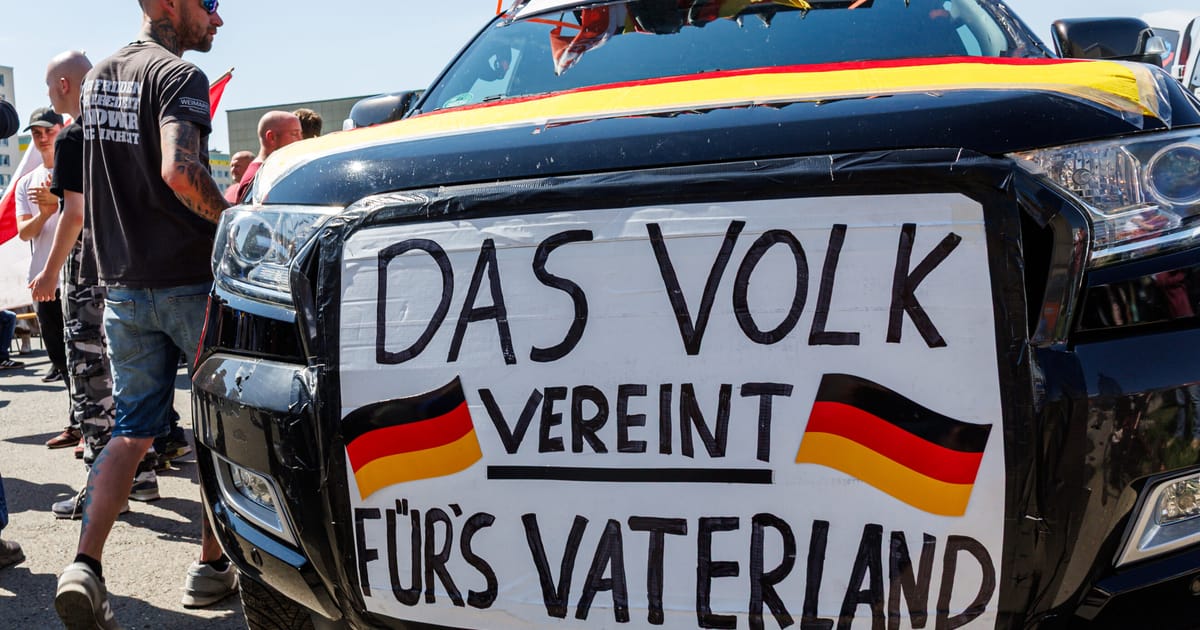This is the first time in modern German history that the party with nationwide representation in parliament has been formally designated as extremist. Some state-level AfD branches — like those in the eastern states of Saxony and Thuringia — had already received that label.
The new classification doesn’t ban the party, but it allows German authorities to intensify surveillance, including the use of undercover informants and monitoring communications, under judicial oversight.
It also raises the political stakes as establishment parties will face growing pressure to rule out cooperation with the AfD at any level of government.
The decision could fuel calls for a formal party ban, though that would require approval from Germany’s top constitutional court and backing from the national government or parliament— an uphill legal and political battle.
The AfD did not immediately respond to POLITICO’s request for comment.
This story has been updated.
